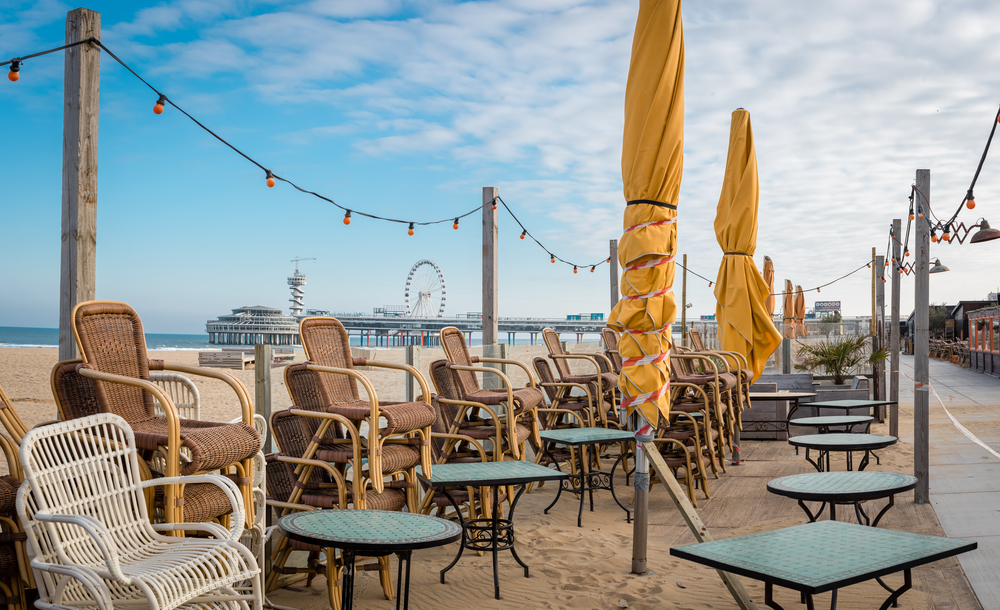Coronavirus support kept 12,500 firms afloat: Rabobank

Support measures for Dutch companies during the coronavirus crisis may have stopped 12,500 firms from going bust, according to calculations by Rabobank economists. The figure is an estimate because it is unclear how the economy would have developed if the virus had not taken hold.
The Netherlands has some 430,000 companies excluding the self-employed.
Companies were able to apply for three main measures – tax deferral, the NOW wage subsidy and the TVL fixed tax subsidy. Rabobank said the measures helped keep 12,500 firms afloat and a further 5,000 firms will still benefit from the impact in the coming three years.
In 2008, during the credit crisis, there was no additional government support and the bankruptcy rate hit around 2,000 a quarter. But in 2021 and 2022, the figure was just 500, the economists said. However, they say, many of these companies were not viable and were only kept alive by the support.
The government’s macro planning agency COB has also said the measures kept unemployment rates down, but went on too long.
About 35% of Dutch companies used at least one of the four main measures. The hospitality industry and cultural institutions, both of which were impacted by the lockdown, were most likely to do so.
By the end of June 2022, the total subsidy package had cost the government €34 billion, of which €24 billion went to wage support and €3.5 billion to helping the self-employed make ends meet. In addition, companies owed almost €21 billion in tax via the deferred payment scheme.
The bankruptcy rate has been rising since 2022 but is still relatively low at around 1,100 per quarter.
Thank you for donating to DutchNews.nl.
We could not provide the Dutch News service, and keep it free of charge, without the generous support of our readers. Your donations allow us to report on issues you tell us matter, and provide you with a summary of the most important Dutch news each day.
Make a donation